International Women in Engineering Day 2020 – Dr Louise Hamdy
-
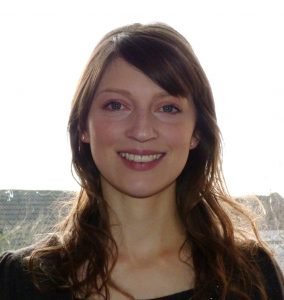
Dr Louise Hamd
Dr Louise Hamdy, Research Officer with FLEXIS at Swansea University inspires us with her journey into Engineering.
“Never one to be put into a box, I initially started my undergraduate degree in Biochemistry and graduated with a Masters and PhD in Chemistry. I now work in the College of Engineering at Swansea University for FLEXIS.
Going back to the beginning, I must have been inspired by the countless kids’ Usborne science books kicking about my childhood bedroom. I have always been fascinated by science, from stingrays to X-rays and I have always cared deeply about the protection of the natural world.
After my Highers/A-levels, I attended the University of Glasgow where I first studied Geography, Biology and Chemistry with the intention of continuing into Biochemistry. However, whether it was the excellent lecturers, or Claire, the blindingly intelligent organic lab demonstrator I so looked up to, I particularly enjoyed Chemistry.
As my knowledge and understanding grew, so did my awareness of the environmental disasters unfolding – often at the hands of the energy and chemicals industries, but which could be redressed through the chemical sciences.
Benefitting from the flexibility of the Scottish higher education system, I chose to divert course and continued my Masters degree in Chemistry. During my studies I took up many exciting opportunities, one of which was a yearlong industrial research placement with Sasol Technology (UK) Ltd. Here I got an introduction to real-world research working in synthetic labs studying catalysts. I also took the opportunity of the long summer breaks to travel and take part in conservation projects in South Africa and in South America where I helped conduct population surveys of green sea turtles.
-
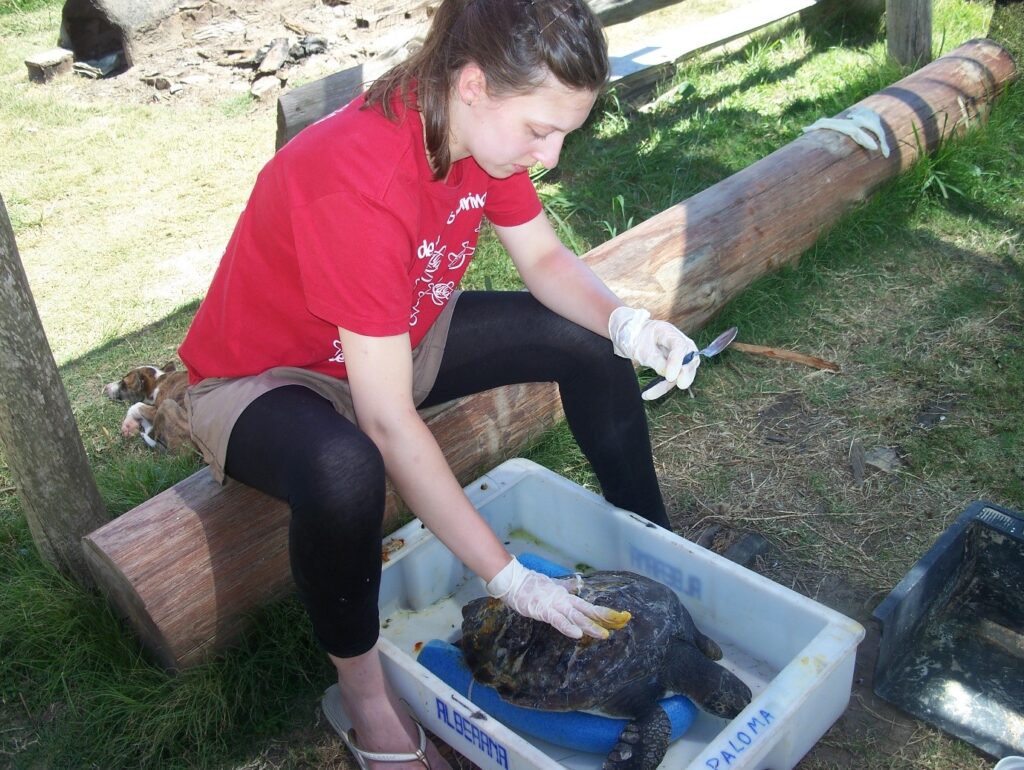
- Dr Louise Hamdy – Turtle first aid, Uruguay 2011
Set on continuing in materials research, I headed from Glasgow to the University of Bath for my PhD in Crystallographic Studies of Supramolecular Structures. Now, working in the interdisciplinary environment of the Energy Safety Research Institute at Swansea University for FLEXIS, I combine my experience in materials chemistry with my drive to help the environment by developing new carbon dioxide adsorbents that can help reduce greenhouse gas emissions and combat global warming.
-
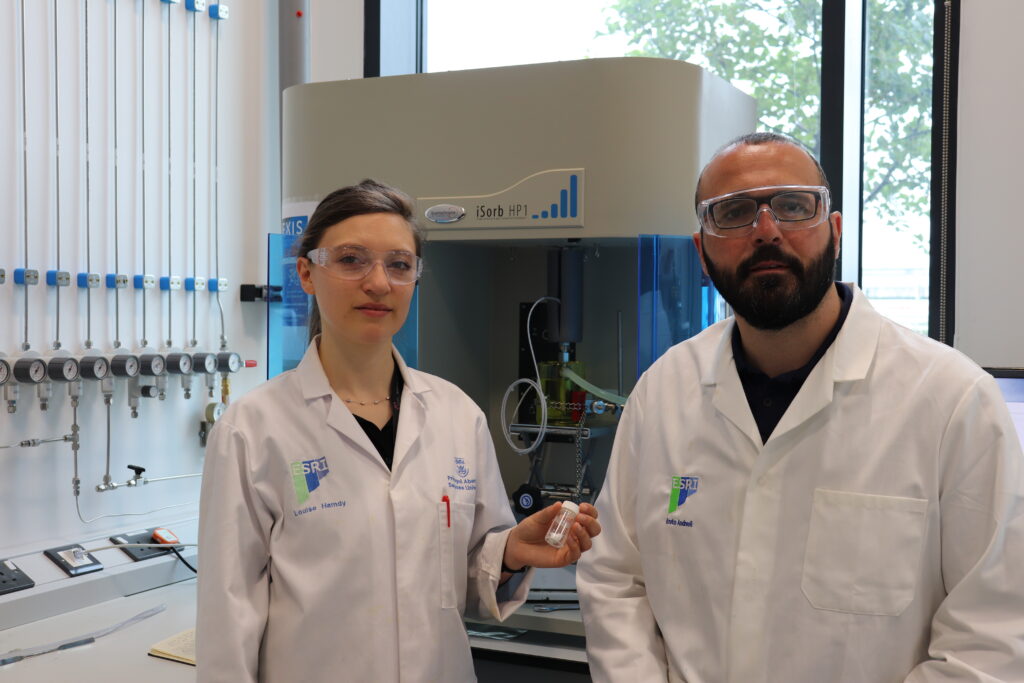
- Dr Louise Hamdy with line manager Dr Enrico Andreoli, Swansea, 2019
This post has been the platform of my greatest professional achievements, publishing high impact research and writing in The Conversation. This also led to one of my proudest moments, presenting in the Library of the Royal Society of Chemistry’s historic Burlington House headquarters in London.
-
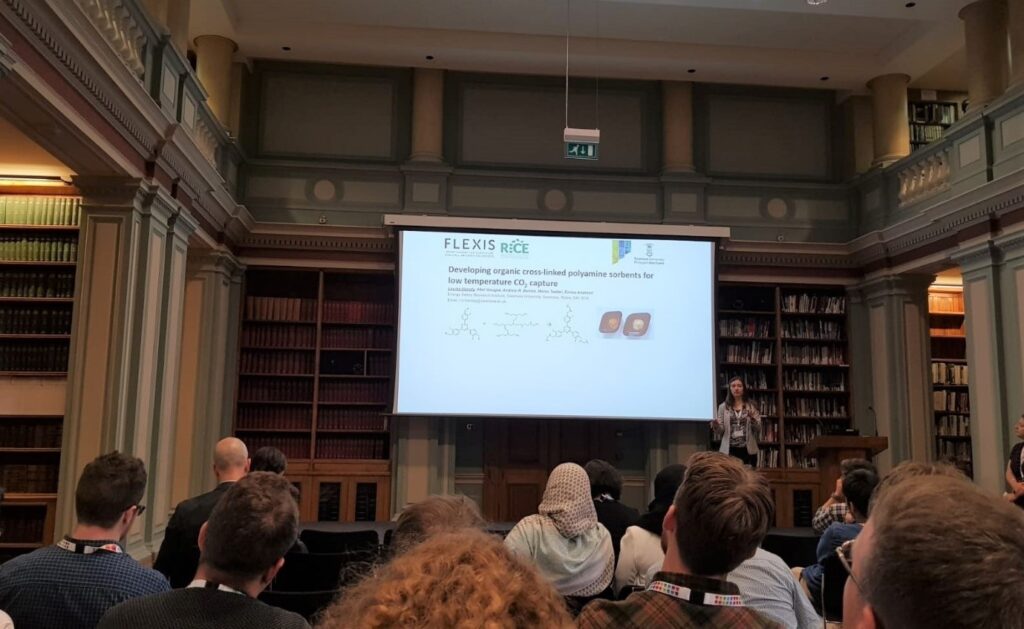
- Dr Louise Hamdy speaking at RSC Library, Burlington House, London, 2019
I have also enjoyed taking part in our research group’s science outreach project ‘Recycling Carbon’ and engaging with the public on issues of energy production and the environment.
-
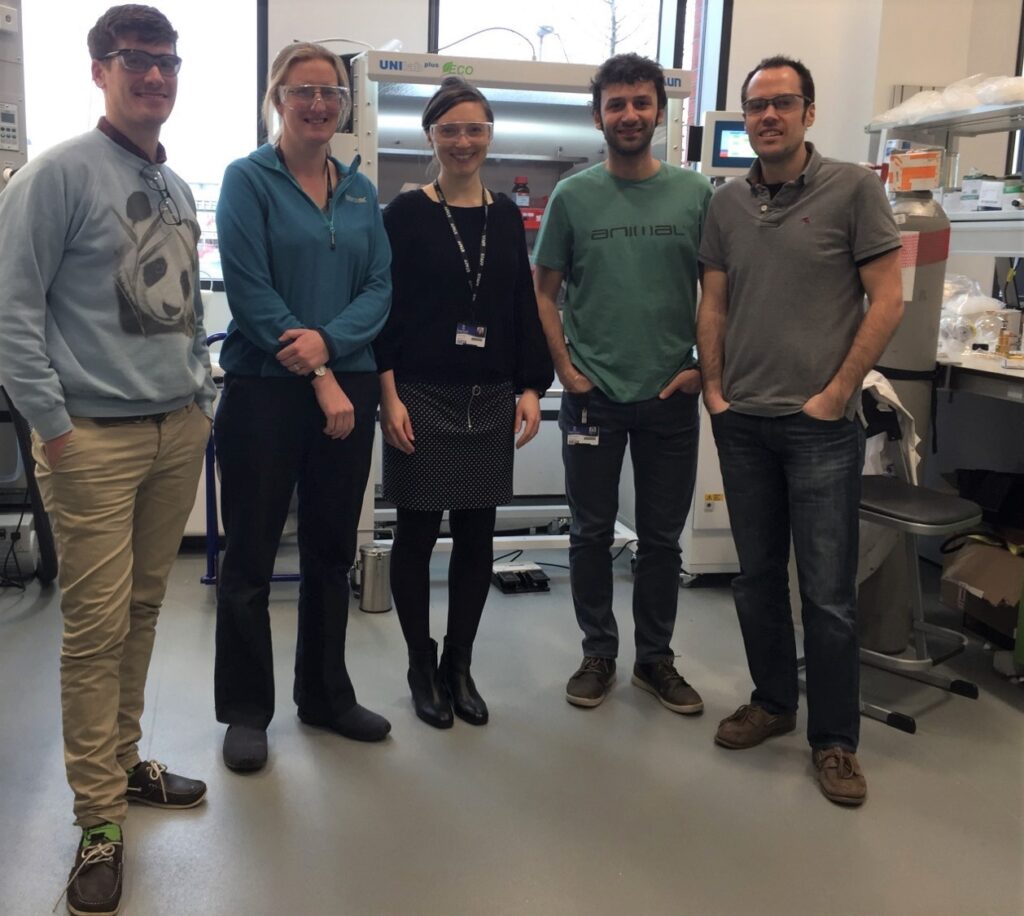
- Dr Louise Hamdy with the ‘Recycling Carbon’ team L R Dr Mike Warwick, Dr Jennifer Rudd, Dr Louise Hamdy, Dr Marco Taddei and Dr Russ Wakeham, Swansea 2018
-
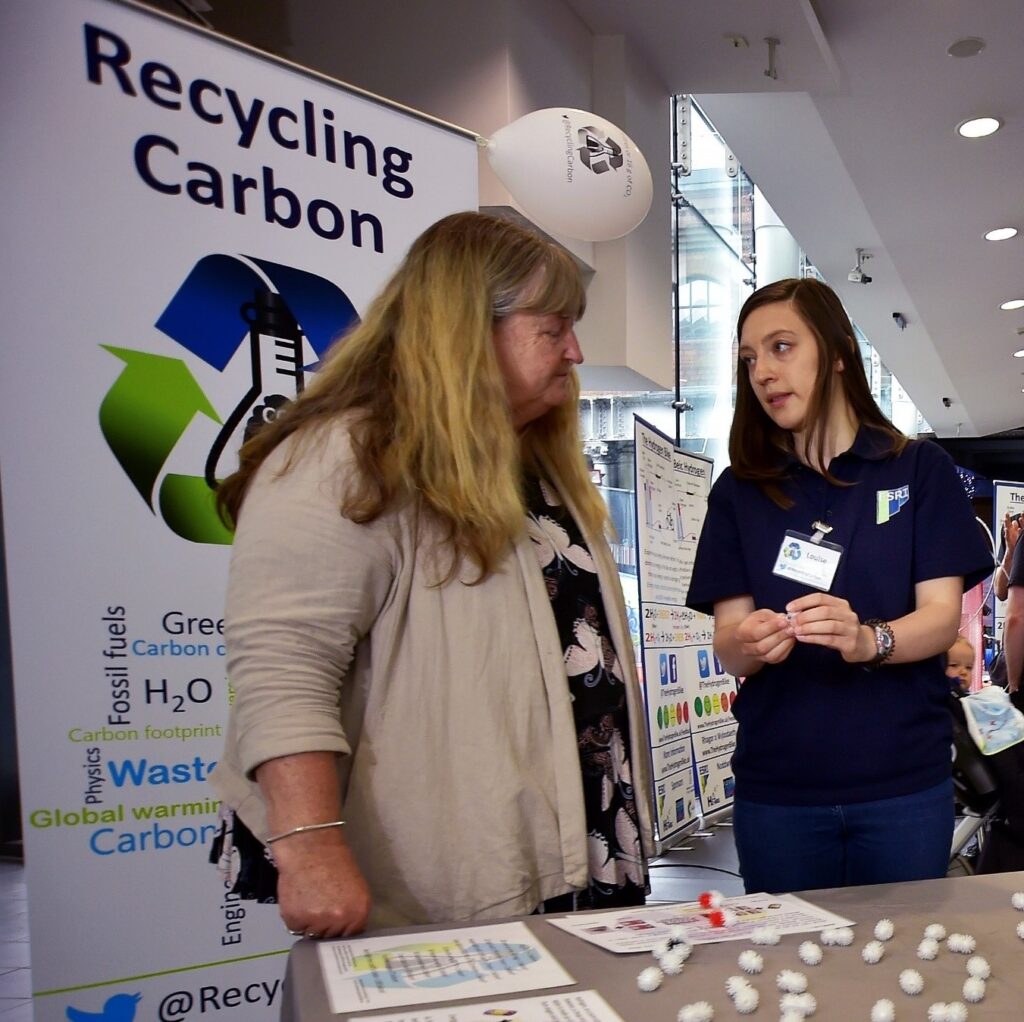
- Dr Louise Hamdy representing outreach project ‘Recycling Carbon’ and talking with Julie James MS, Swansea, 2017
I think outreach is an extremely important aspect of being a scientist. I really admire the physicist and oceanographer Dr Helen Czerski as she communicates what is often perceived as difficult and abstract science in an exciting and – most importantly – an inclusive way.
I’m not certain what exactly I’ll be doing in the next 5 or 10 years but I know I will be working towards a healthier natural environment and a more sustainable future. The next step hasn’t always been obvious for me. After my PhD I started a PGCE in Chemistry, but although I love sharing science with young people, as I delved into pedagogy and bar graphs, I knew this was not the right career trajectory for me. However, I don’t regret the time and energy I spent off-piste too much as I think it’s important to be bold and explore new avenues to work out what you want.
Moving from the PCGE into my post-doc at Swansea was initially very daunting, but happily, I found it a supportive environment.
What I would say to any women thinking about working in engineering or science is to get involved with your institution, join professional networks, take up interesting opportunities and above all, always be guided by what interests you and what you want to do!”


